




A new volume titled Digital Parenthood takes an in-depth look at sharenting and the dilemmas of raising children in the digital age, analysing legal, social and media-related challenges linked to children’s online presence.
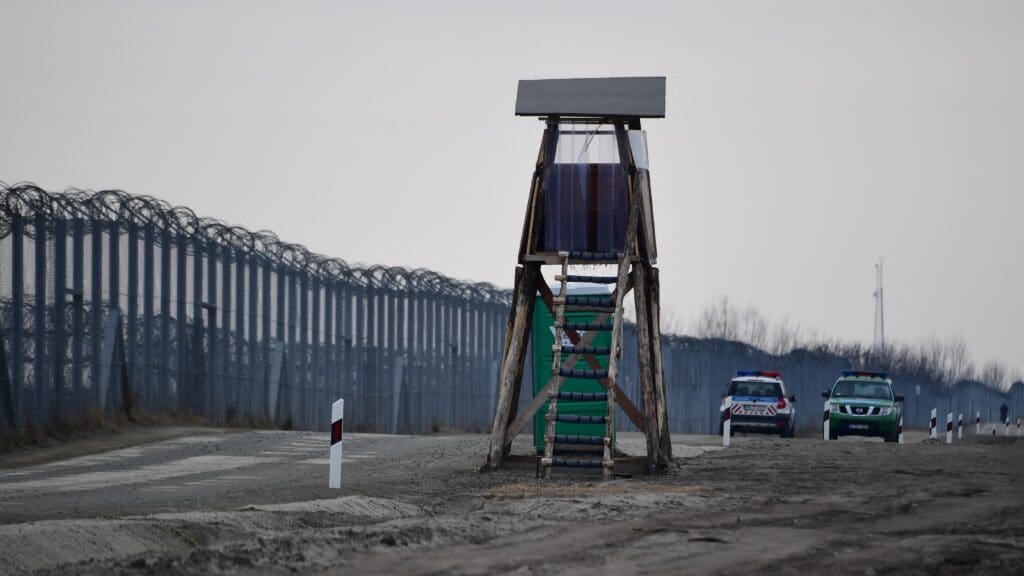
Hungarian civil guards took part in more than 2,600 border-related actions last year, assisting police in detaining irregular migrants and preventing illegal crossings, the National Civil Guard Association’s border protection chief said.
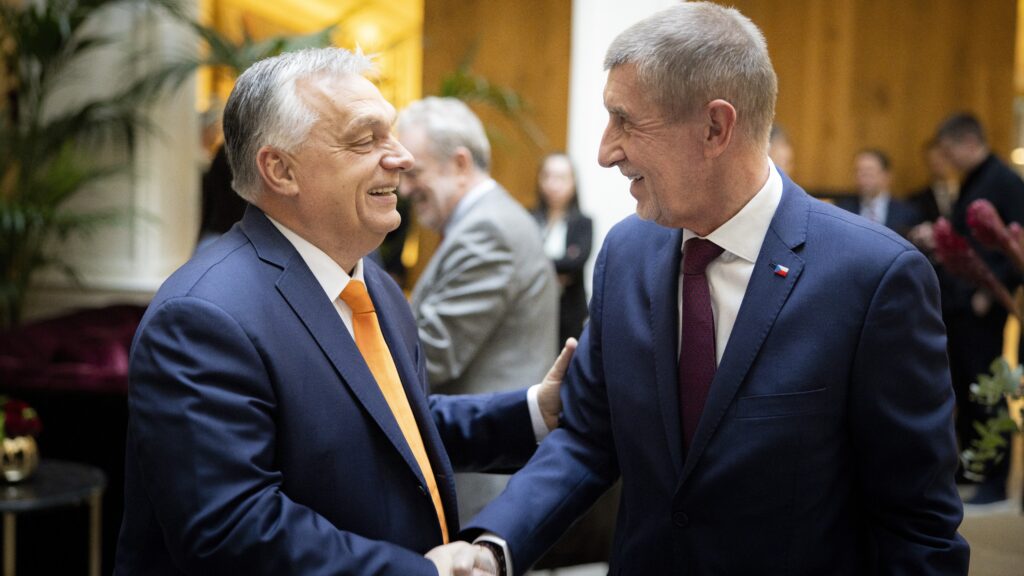
Czech Prime Minister Andrej Babiš said Prague should follow examples set by the United States, Hungary and Poland, warned against further guaranteed loans to Ukraine, and argued for reviving regional alliances in an interview with Mandiner.
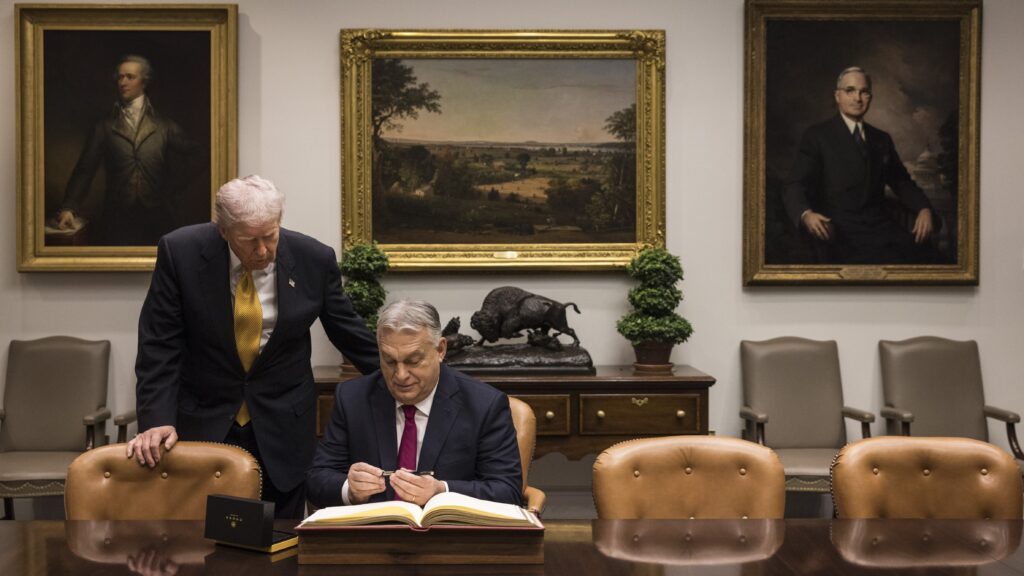
Hungarian Prime Minister Viktor Orbán has received an invitation from US President Donald Trump to join the Gaza Peace Council, Foreign Minister Péter Szijjártó said, while reaffirming Hungary’s rejection of Ukraine’s accession to the European Union.
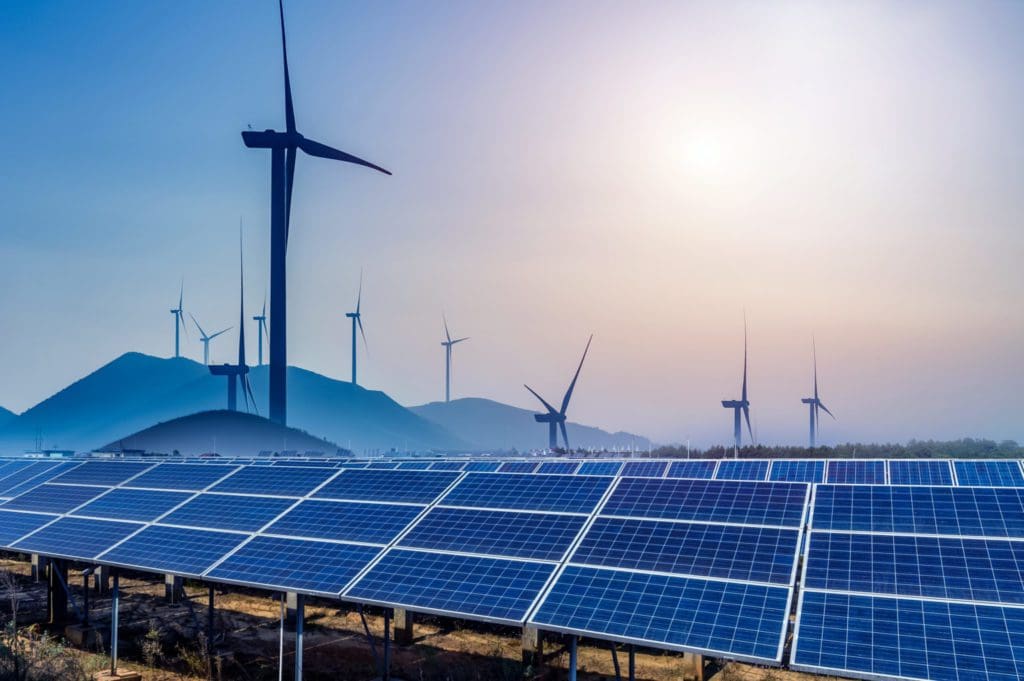
Eight energy infrastructure projects to be implemented in Hungary have been included on the EU’s latest list of Projects of Common Interest, a move expected to strengthen energy security and support stable household energy costs, according to Hungarian MEP András Gyürk.
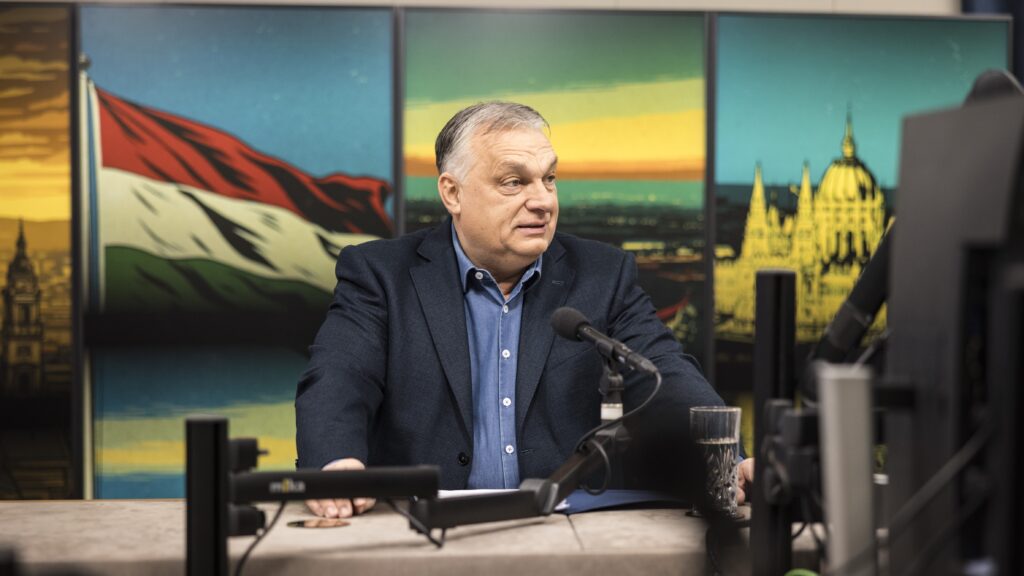
In his first interview of the year, Prime Minister Viktor Orbán said Hungary must decide whether to support large-scale EU funding for Ukraine or protect national interests, warning that unconditional aid risks dragging Europe deeper into war.

A student at the University of Szeged has developed an AI-based text detector that works in Hungarian and can distinguish human-written content from AI-generated text with exceptional accuracy, offering a new tool for education, media, and beyond.
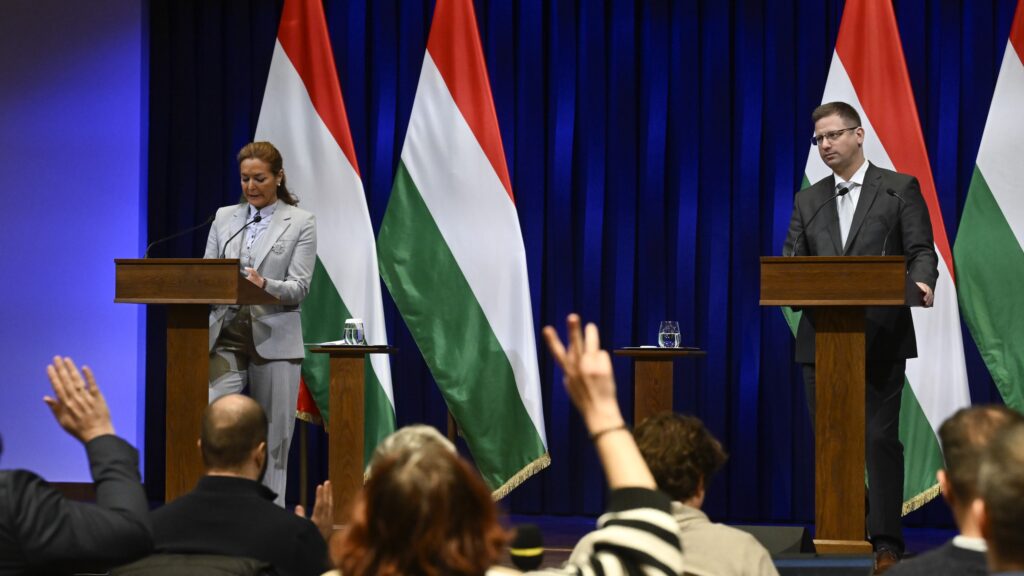
Hungary’s government has announced a national petition opposing EU plans to channel large-scale funding to Ukraine, arguing that the costs would burden Hungarian families, while also confirming pension payments, energy subsidies and winter relief measures.
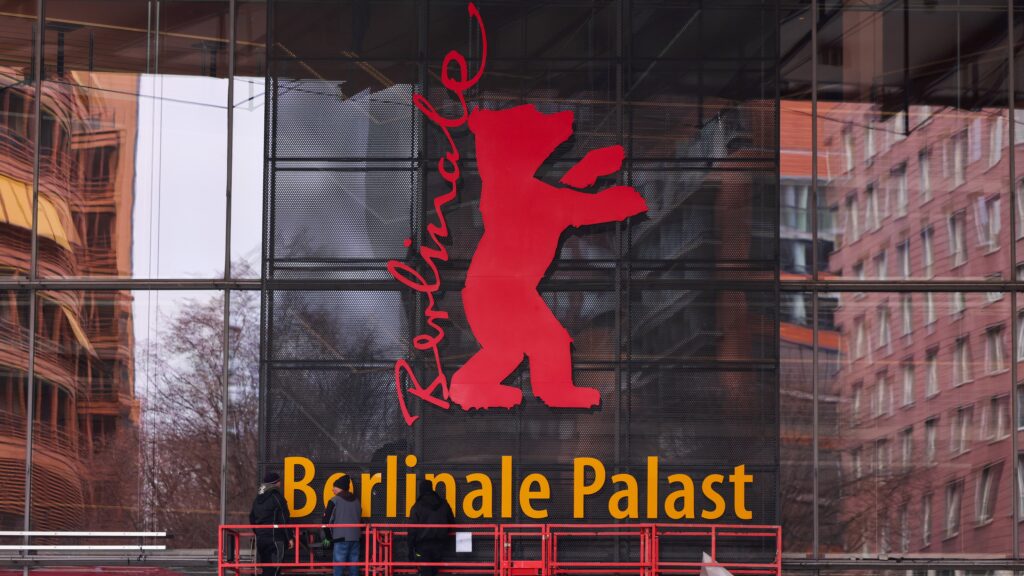
Fire in My Pocket, an animated short by Hungarian filmmaker Janka Feiner, has been selected for the Generation Kplus competition at the 76th Berlin International Film Festival, bringing a visually inventive children’s story to one of Europe’s top festivals.
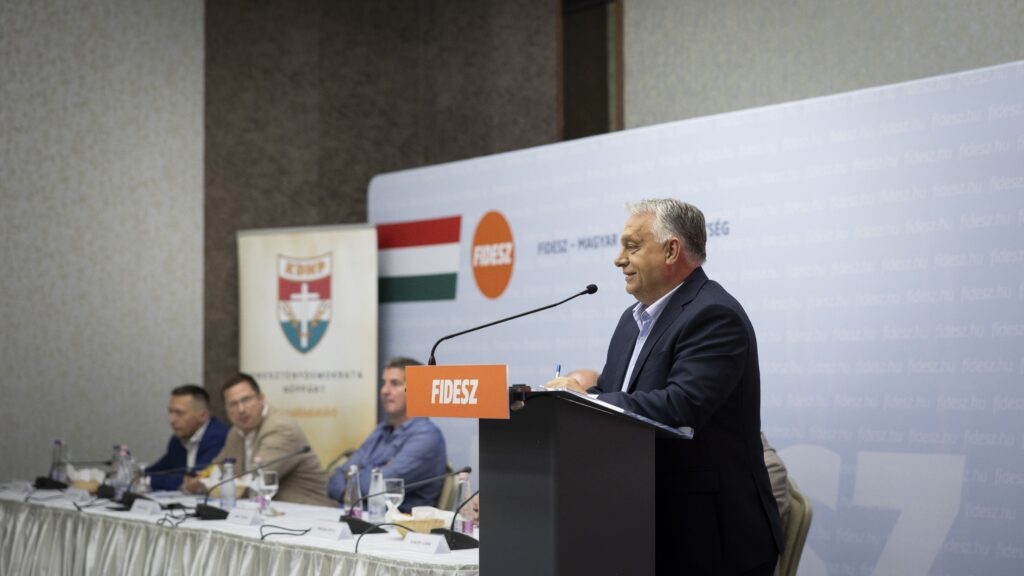
Hungary’s governing Fidesz–KDNP alliance would secure 49 per cent of the vote among committed party supporters if elections were held this Sunday, maintaining an eight-point lead over the Tisza Party, according to a new nationwide poll.
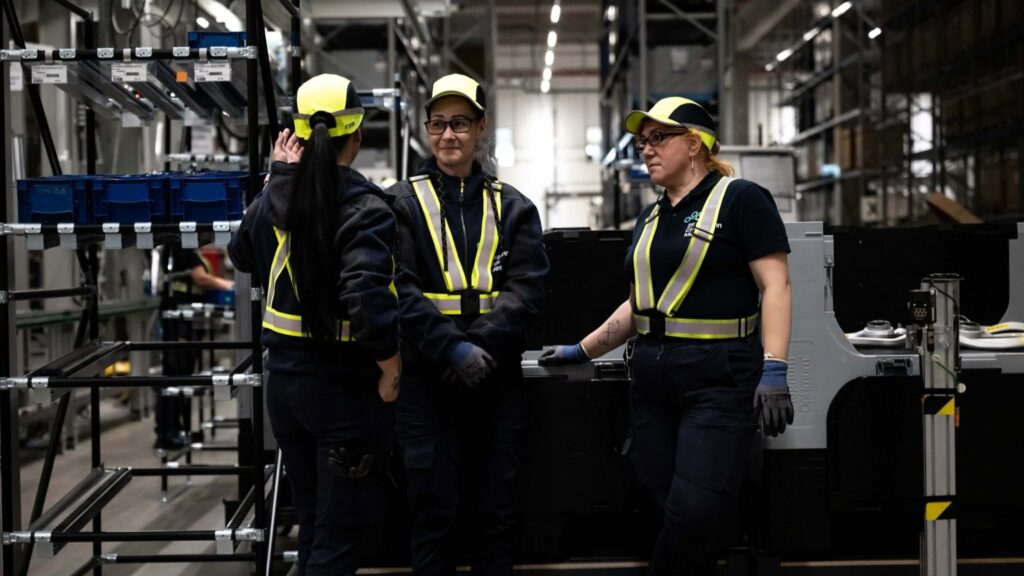
German automotive supplier ZF Chassis Modules is investing around 10 billion forints in Debrecen, creating 230 new jobs and further strengthening Hungary’s vehicle industry, with production linked directly to BMW’s nearby electric car plant.
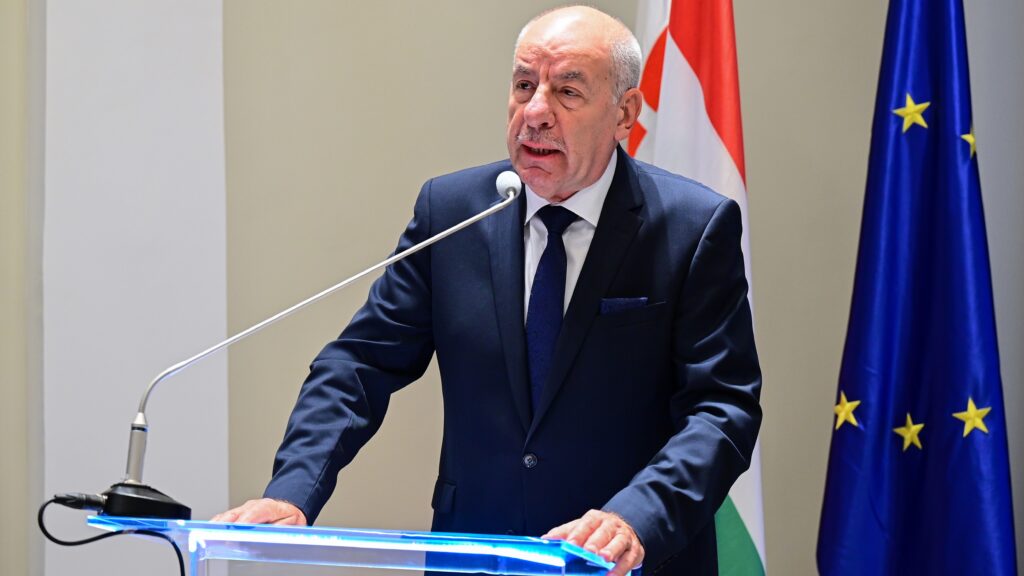
Hungarian President Tamás Sulyok has set 12 April 2026 as the date of the next parliamentary election, launching the official electoral timetable and triggering preparations for voter registration, candidate nominations and the start of the campaign.
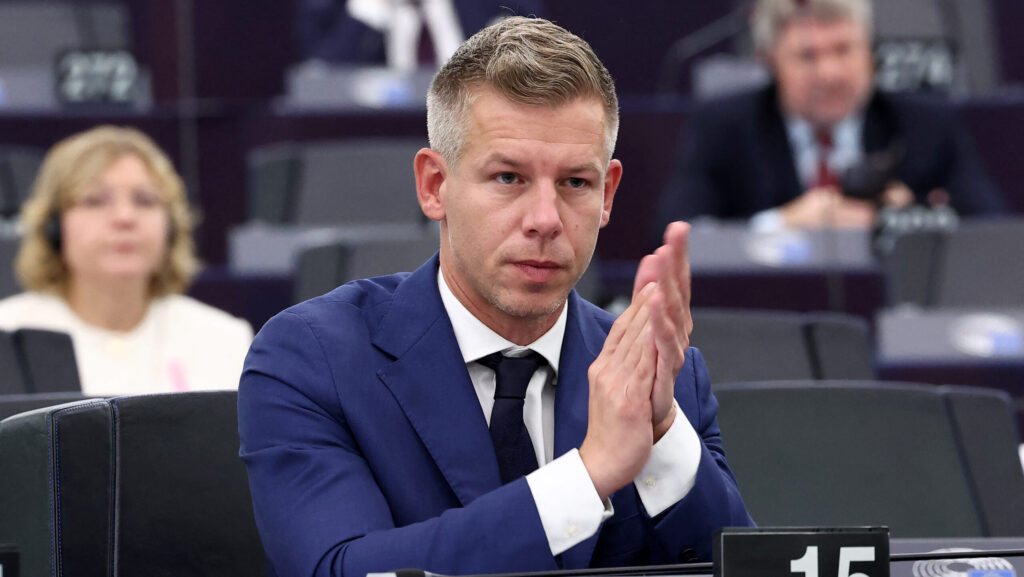
Hungary’s Sovereignty Protection Office says a leaked database linked to the Tisza Party raises serious national security concerns, alleging connections to Ukrainian IT firms, foreign cyber infrastructure and the handling of sensitive data of Hungarian voters.
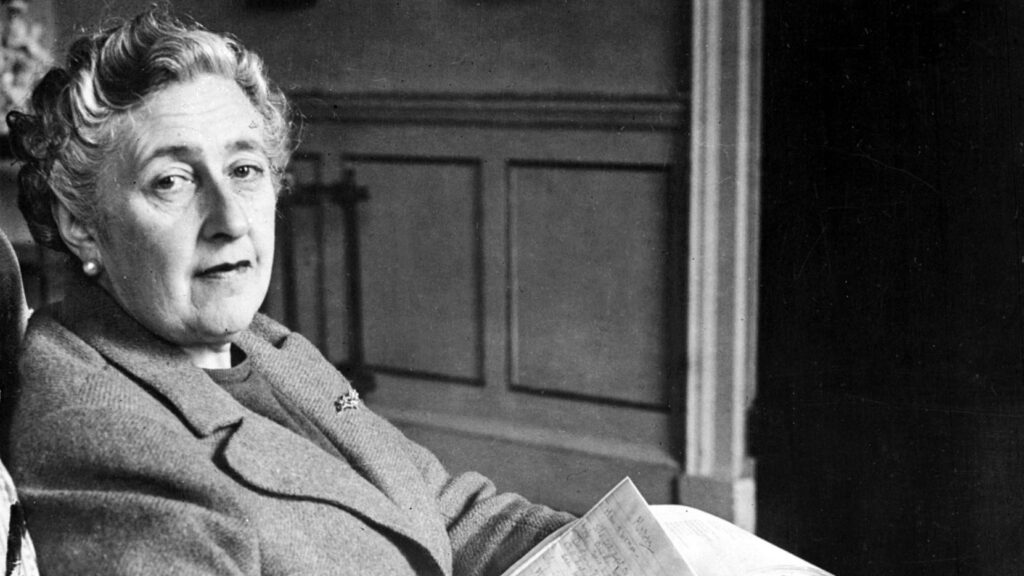
To mark 50 years since Agatha Christie’s death, BBC News has published a rare 1955 radio interview in which the famously private crime writer reflects on her childhood, writing habits, and the surprisingly simple routines behind her enduring mysteries.

Remote work has settled into a stable but highly uneven pattern in Hungary, with just over a quarter of companies offering home office options and most employers planning no major changes in the coming years, according to a new survey.
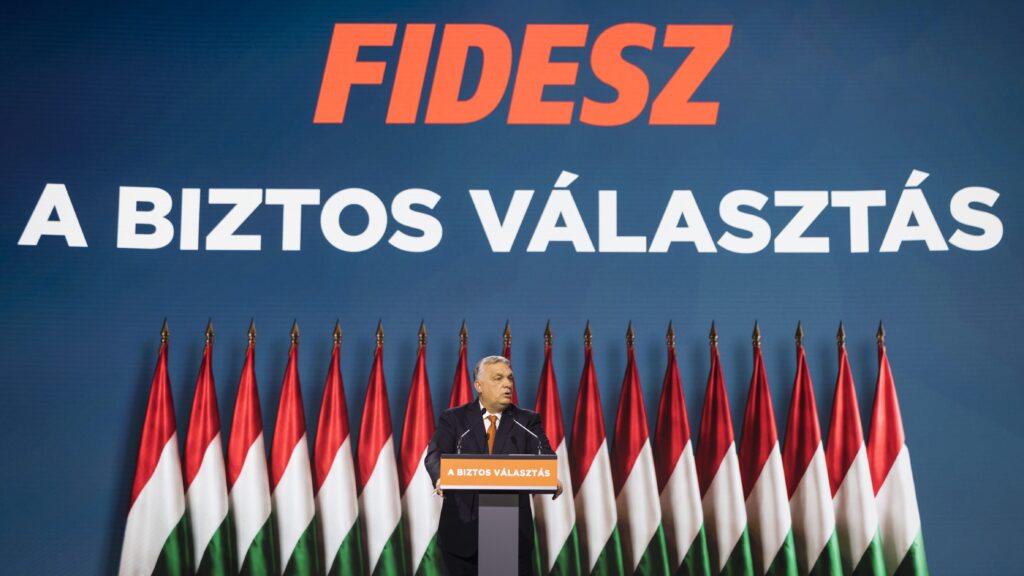
Voter preferences in Hungary remained largely unchanged over the Christmas break, with the governing Fidesz–KDNP alliance maintaining a clear lead over the opposition, according to a new poll that suggests the political balance has stabilized.

Global warming is already exceeding the targets set in Paris in 2015 and is accelerating even faster in Central Europe, former Hungarian president János Áder warned in a podcast discussion, arguing that climate policy must shift from promises to technology-driven solutions.
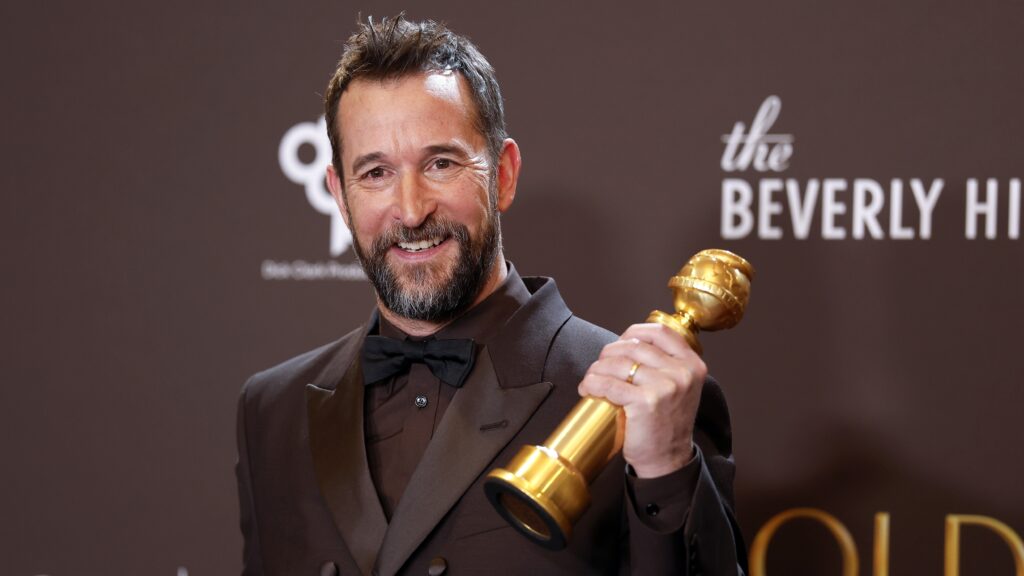
The 83rd Golden Globe Awards in Beverly Hills crowned a Leonardo DiCaprio-backed black comedy and the drama Hamnet as top films of the night, while The Pitt and The Studio led the television categories, setting the tone for the Oscar race ahead.

GameStop has begun closing hundreds of stores just days into 2026, underscoring the steady decline of brick-and-mortar game retail as digital distribution grows, even as the company ties its future to an ambitious, high-stakes executive incentive plan.

Researchers from HUN-REN and the Budapest University of Technology and Economics are taking part in preparing the European Space Agency’s Plasma Observatory mission, aimed at delivering the most detailed picture yet of space weather and geomagnetic storms.

The HUN-REN Hungarian Research Network will host the Agentic Discovery Hackathon in Budapest on 15–16 January, bringing together AI experts and researchers to explore how autonomous, agent-based AI systems can transform scientific research and discovery.
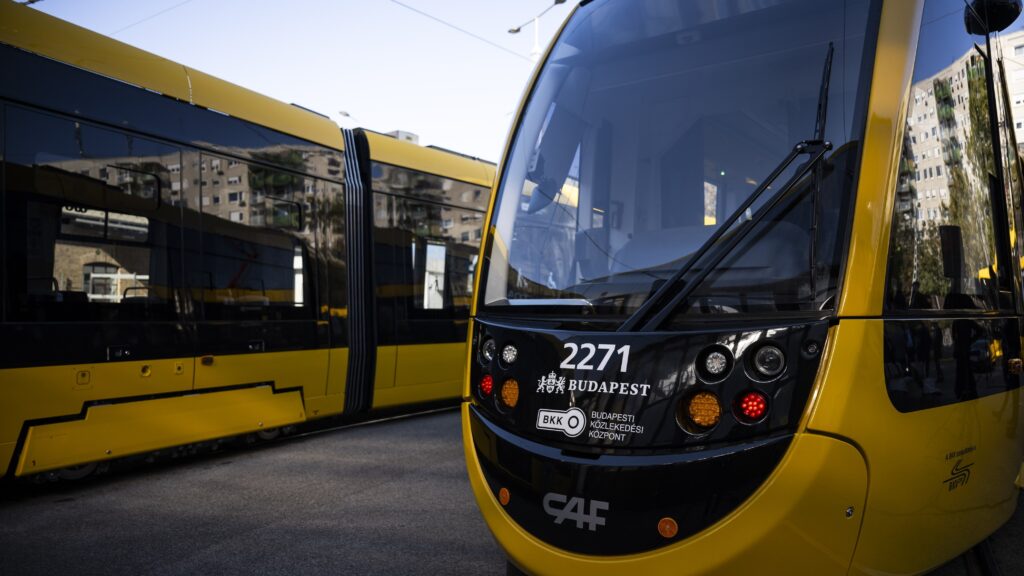
Budapest has placed its 26th new CAF tram into passenger service after successful test runs and official approval. The modern, low-floor vehicle will mainly operate on tram line 3, further improving comfort and accessibility in the capital.

Severe winter weather led to an unusually high number of emergency callouts in Hungary, with firefighters handling more than 400 incidents in a 24-hour period as snow, strong winds and icy roads caused disruptions nationwide.

The US military has seized a second sanctions-hit oil tanker at sea, detaining the vessel Sophia in the Caribbean as part of an expanded crackdown on ‘shadow fleet’ ships accused of transporting illicit oil. A previous capture in the Atlantic involved the Russian-flagged Marinera.
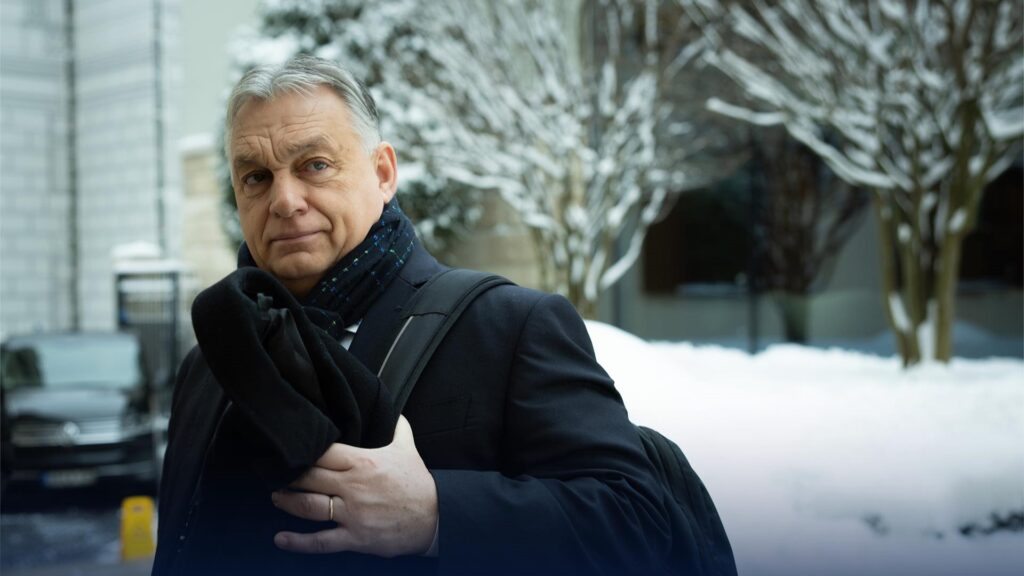
Hungarian Prime Minister Viktor Orbán says the financial support Ukraine is seeking from the EU would come at the expense of Hungarian pensions and family benefits, warning that Brussels’ plans would place an unfair burden on taxpayers.
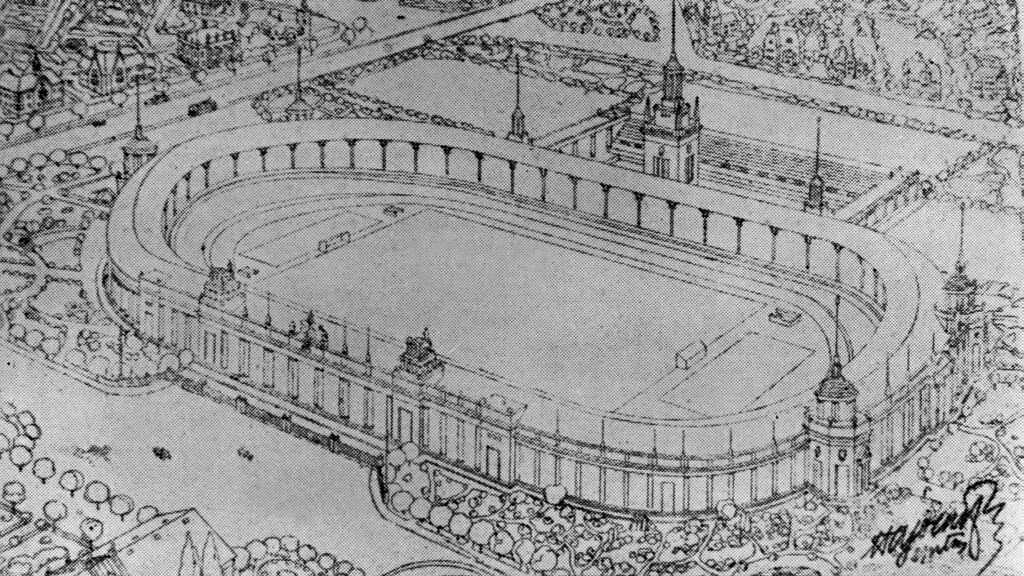
From 1 January 2026, the works of Albert Einstein, Thomas Mann and hundreds of other authors and artists can be freely used, as copyright protection expires 70 years after the creator’s death, Hungary’s Intellectual Property Office said.
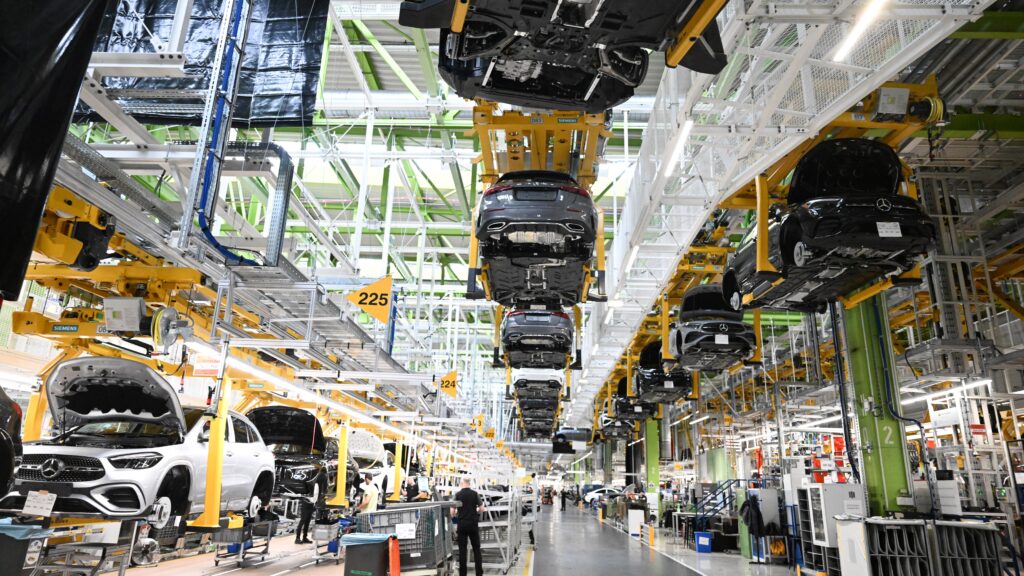
Mercedes will begin producing the A-Class in Hungary from this year, expanding its manufacturing footprint in Kecskemét. The move further strengthens Hungary’s role in the company’s European production network, according to Foreign Minister Péter Szijjártó.
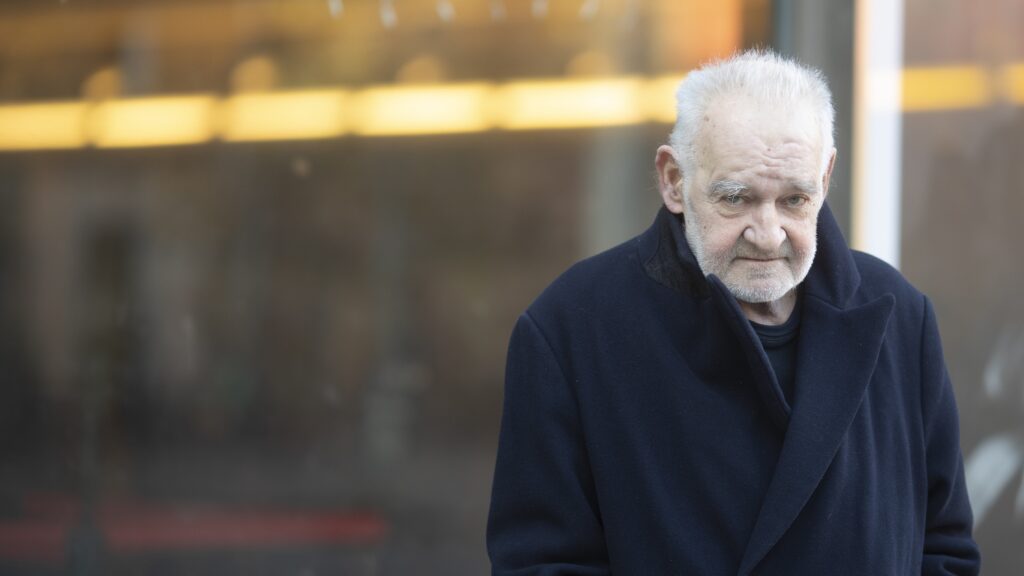
Béla Tarr, one of the most influential figures in Hungarian and international cinema, has died at the age of 70 after a long illness. Renowned for films such as Sátántangó and Werckmeister Harmonies, his work reshaped modern film language.
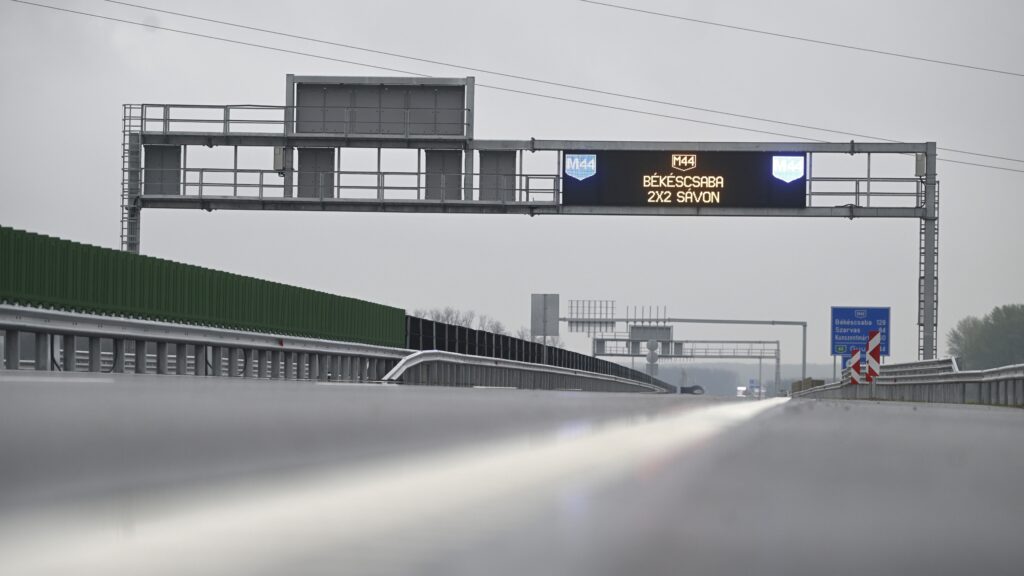
The northern section of the Corridor 5C motorway crossing Bosnia-Herzegovina, linking Budapest with Croatia’s Adriatic port of Ploče, could be completed by the end of 2026, marking a major step in a long-delayed regional project.
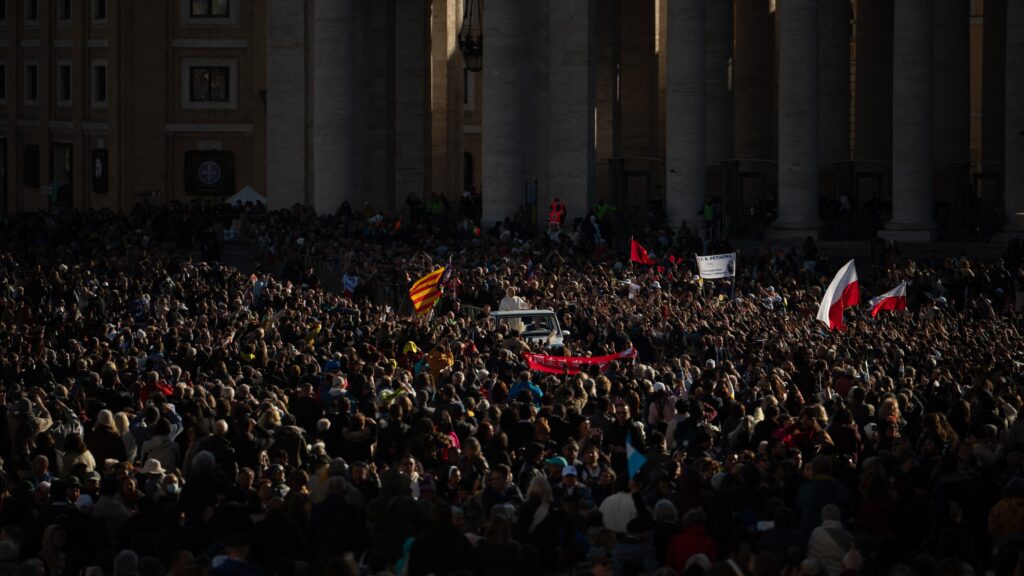
More than 33 million pilgrims travelled to Rome during the Jubilee Holy Year, exceeding all expectations, as the Vatican prepares to close the Holy Door of St Peter’s Basilica, marking the end of a year dedicated to hope and renewal.